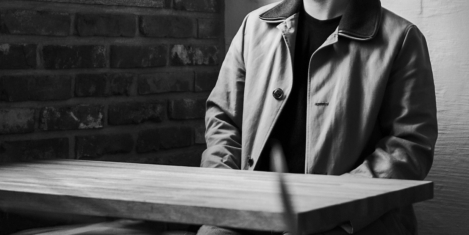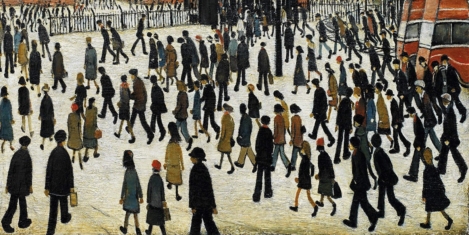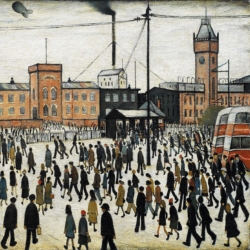March 24, 2025
Only Filipinos spend less time each week in an office than British workers
 British workers spend less time in the office than almost any other nation, with only employees in the Philippines averaging fewer days at their desks, according to a new poll. The global survey conducted by property consultancy JLL suggests that UK workers are in the office for just two days a week on average, while their preference is for even fewer—just 1.5 days per week. The report claims that its findings highlight the ongoing reluctance among British employees to return to pre-pandemic office routines, despite increasing pressure from employers. By contrast, workers in Kuwait spend the most time in the office, averaging 4.2 days per week, followed closely by China at 4.1 days. Greece was the only country in the study where employee preferences aligned with employer expectations, with workers spending 3.5 days per week in the office. (more…)
British workers spend less time in the office than almost any other nation, with only employees in the Philippines averaging fewer days at their desks, according to a new poll. The global survey conducted by property consultancy JLL suggests that UK workers are in the office for just two days a week on average, while their preference is for even fewer—just 1.5 days per week. The report claims that its findings highlight the ongoing reluctance among British employees to return to pre-pandemic office routines, despite increasing pressure from employers. By contrast, workers in Kuwait spend the most time in the office, averaging 4.2 days per week, followed closely by China at 4.1 days. Greece was the only country in the study where employee preferences aligned with employer expectations, with workers spending 3.5 days per week in the office. (more…)



































July 17, 2024
Want a creative workplace? Make life difficult and chaotic for yourself
by Mark Eltringham • Comment, Workplace